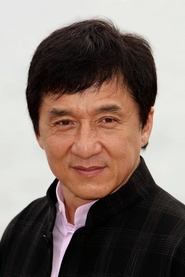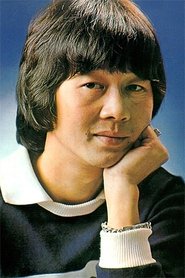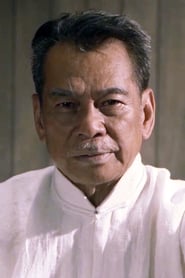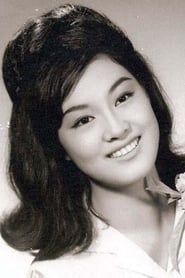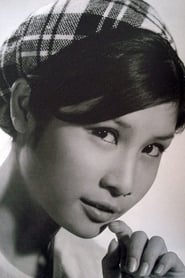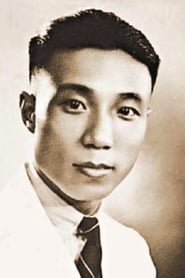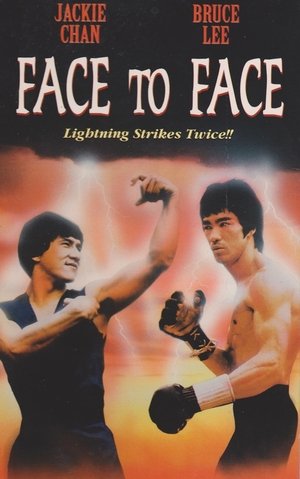

Heiße Ware aus Hong Kong(1973)
Made for German TV documentary about the early craze of Hong Kong Martial Arts Cinema. While critical on the subject and not too well informed, it nevertheless offers some interesting insights into the Hong Kong film industry of that days.

Movie: Heiße Ware aus Hong Kong
Video Trailer Heiße Ware aus Hong Kong
Similar Movies
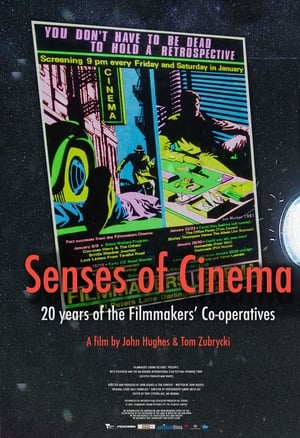 0.0
0.0Senses of Cinema(en)
As notions of civil rights transformed across the world, so was the screen landscape reformed by the ascension of grassroots film movements seeking to challenge the mainstream. Some aspired to push form to its limit; others worked to destabilise what they saw as a homogenous industry, or to provoke questions around gender, sexuality, migration and race.
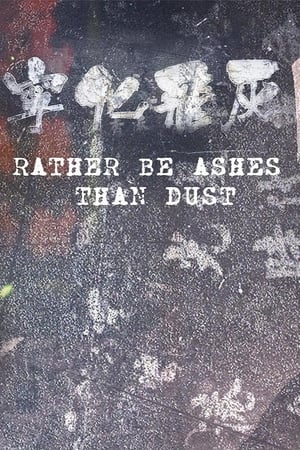 0.0
0.0Rather Be Ashes Than Dust(cn)
Memories of his four-year journey focused on the Hong Kong protests. Narrated in the first person, is rich with reflections and contemplations, most intertwined with feelings of guilt.
 10.0
10.0Trip to Asia: The Quest for Harmony(de)
Journey with the musicians of the Berlin Philharmonic and their conductor Sir Simon Rattle on a breakneck concert tour of six metropolises across Asia: Beijing, Seoul, Shanghai, Hong Kong, Taipei and Tokyo. Their artistic triumph onstage belies a dynamic and dramatic life backstage. The orchestra is a closed society that observes its own laws and traditions, and in the words of one of its musicians is, “an island, a democratic microcosm – almost without precedent in the music world - whose social structure and cohesion is not only founded on a common love for music but also informed by competition, compulsion and the pressure to perform to a high pitch of excellence... .” Never before has the Berlin Philharmonic allowed such intimate and exclusive access into its private world.
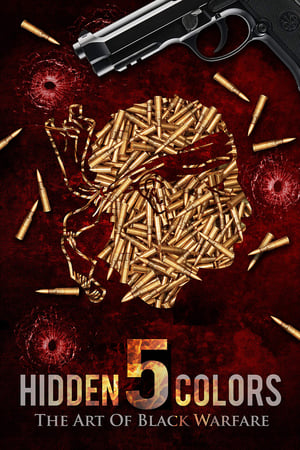 6.3
6.3Hidden Colors 5: The Art of Black Warfare(en)
The history of warfare as it relates to global Black society, broken down into 7 chapters that examines the ways the system of racism wages warfare from a historical, psychological, sexual, biological, health, educational, and military perspective.
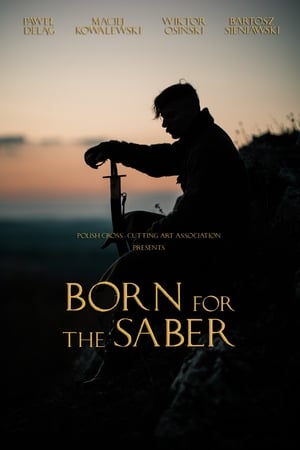 7.8
7.8Born for the Saber(pl)
This is the story of a young nobleman and knight Błażeja Wronowski set in 17th-century Poland. Błażej begins military education with Jan Jerlicz, a veteran of the Moscow War. Jerlicz returns to his homeland to at the urging of his former companion, Jerzy Wronowski, to train the young Błażej. It is a story of honor, bravery and combat seen through the eyes of a young knight growing up in the former Polish-Lithuanian Commonwealth.
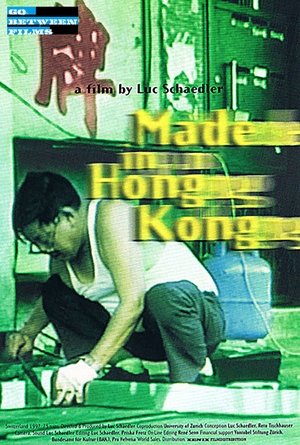 8.5
8.5Made in Hong Kong(en)
The film Made in Hong Kong allows glimpses on a Hong Kong shortly before the 1997 handover to China. But rather than focusing on the expected hysteria Luc Schaedler’s documentary debut works towards complexity by allowing six diverse residents to talk about their relationship to the colonial city. Their life stories beautifully mix with the images of the author. Made in Hong Kong is a very personal portrait of a city in transition and we learn about Hong Kong’s ambiguities and its political and social problems, as well as the uncertainties regarding the time after 1997.
 5.0
5.0Kathryn Bigelow: Hollywood Adrenaline(fr)
For more than 40 years Kathryn Bigelow has been making films that explore male violence. With movies like Blue Steel, Point Break, The Hurt Locker and Zero Dark Thirty, the Oscar winning American filmmaker has impressed with hard-hitting moviemaking that holds a mirror up to contemporary America and the world.
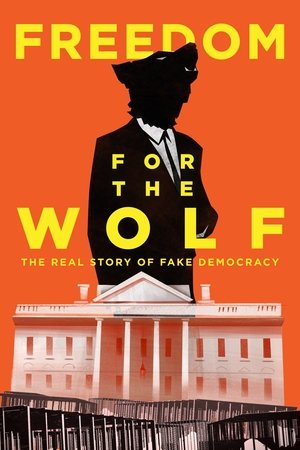 10.0
10.0Freedom for the Wolf(en)
The Real Story of Fake Democracy. Filmed over three years in five countries, FREEDOM FOR THE WOLF is an epic investigation into the new regime of illiberal democracy. From the young students of Hong Kong, to a rapper in post-Arab Spring Tunisia and the viral comedians of Bollywood, we discover how people from every corner of the globe are fighting the same struggle. They are fighting against elected leaders who trample on human rights, minorities, and their political opponents.
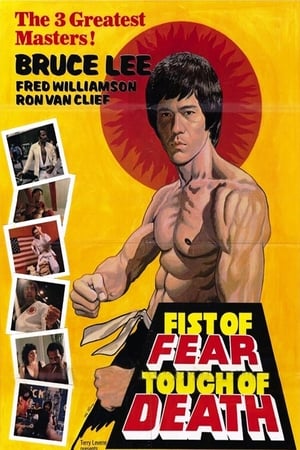 4.3
4.3Fist of Fear, Touch of Death(en)
A television reporter interviews fighters and promoters about Bruce Lee in preparation for a tournament to claim the title of “Successor to the Bruce Lee legacy”. Footage from Bruce Lee's films and interviews is repurposed in pseudo-documentary style.
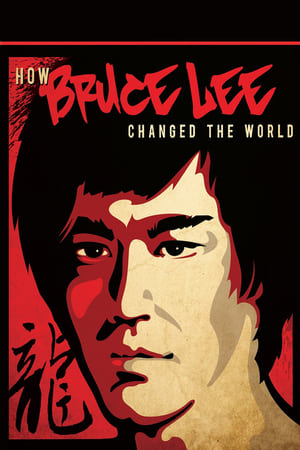 8.0
8.0How Bruce Lee Changed the World(en)
More than just a biography, this film explores Bruce Lee's global impact to see how he has influenced all areas of popular culture including fitness, cinema, music, sport, dance, video games and philosophy. A journey across the United States, Asia and Europe, takes Shannon Lee on a trip back to her father's roots in Hong Kong and China. With unique access to the family's photographic archive, home movies and all material owned by the Bruce Lee Foundation.
 8.3
8.3Revolution of Our Times(cn)
Throughout Hong Kong’s history, Hongkongers have fought for freedom and democracy but have yet to succeed. In 2019, a controversial extradition bill was introduced that would allow Hongkongers to be tried in mainland China. This decision spurred massive protests, riots, and resistance against heavy-handed Chinese rule over the City-State. Award-winning director Kiwi Chow documents the events to tell the story of the movement, with both a macro view of its historical context and footage and interviews from protestors on the front lines.
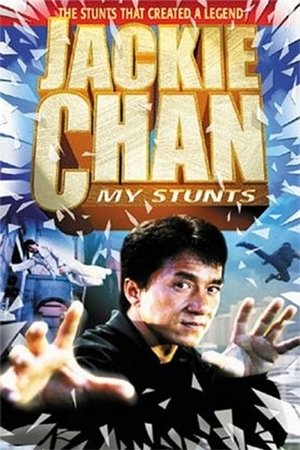 7.2
7.2Jackie Chan: My Stunts(cn)
Jackie Chan: My Stunts shows some of the tricks of the trade that Jackie and his stunt team utilize to perform their stunts. This is not an endless gag reel of stunts gone wrong, but an in depth look at how timing and camera placement can make or break a shot. Jackie will show you what is done to enhance fights and protect the stuntmen from getting injured. Of course, if the character you are portraying is wearing shorts and a tank top, you just have to get hurt!
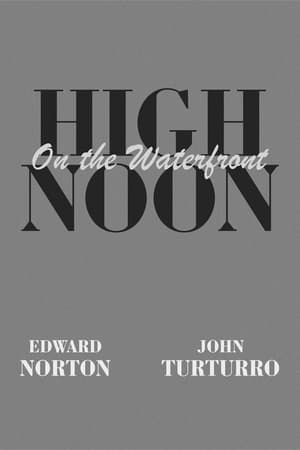 6.7
6.7High Noon on the Waterfront(en)
An inventive remembrance of the impact of the Hollywood blacklist on two American classics, rendered as a visually mesmerizing dialogue between Carl Foreman and Elia Kazan.
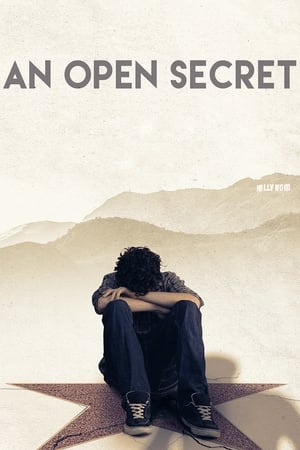 6.9
6.9An Open Secret(en)
An investigation into accusations of teenagers being sexually abused within the film industry.
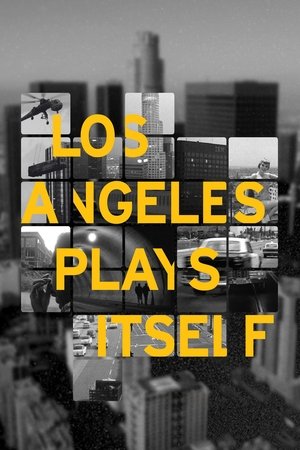 7.6
7.6Los Angeles Plays Itself(en)
From its distinctive neighborhoods to its architectural homes, Los Angeles has been the backdrop to countless movies. In this dazzling work, Andersen takes viewers on a whirlwind tour through the metropolis' real and cinematic history, investigating the myriad stories and legends that have come to define it, and meticulously, judiciously revealing the real city that lives beneath.
 7.4
7.4Do Not Split(en)
The story of the 2019 Hong Kong protests, told through a series of demonstrations by local protestors that escalate into conflict when highly armed police appear on the scene.
 6.8
6.8Be Water(en)
In 1971, after being rejected by Hollywood, Bruce Lee returned to his parents’ homeland of Hong Kong to complete four iconic films. Charting his struggles between two worlds, this portrait explores questions of identity and representation through the use of rare archival footage, interviews with loved ones and Bruce’s own writings.
 7.7
7.7Memories to Choke On, Drinks to Wash Them Down(cn)
This anthology film, whose Chinese title begins with a romantic name for human excrement, premiered internationally at Rotterdam and won Best Screenplay from the Hong Kong Film Critics Society. A variety of Hong Kong people wrestle with nostalgia when facing an uncertain future. Their stories give way to a documentary featuring a young barista turned political candidate.

